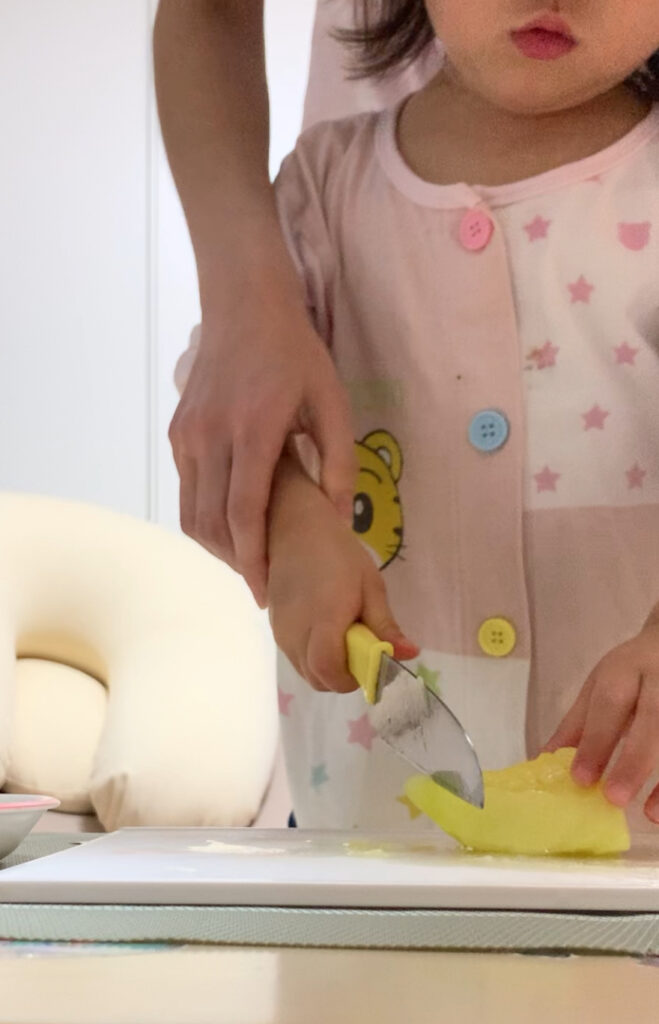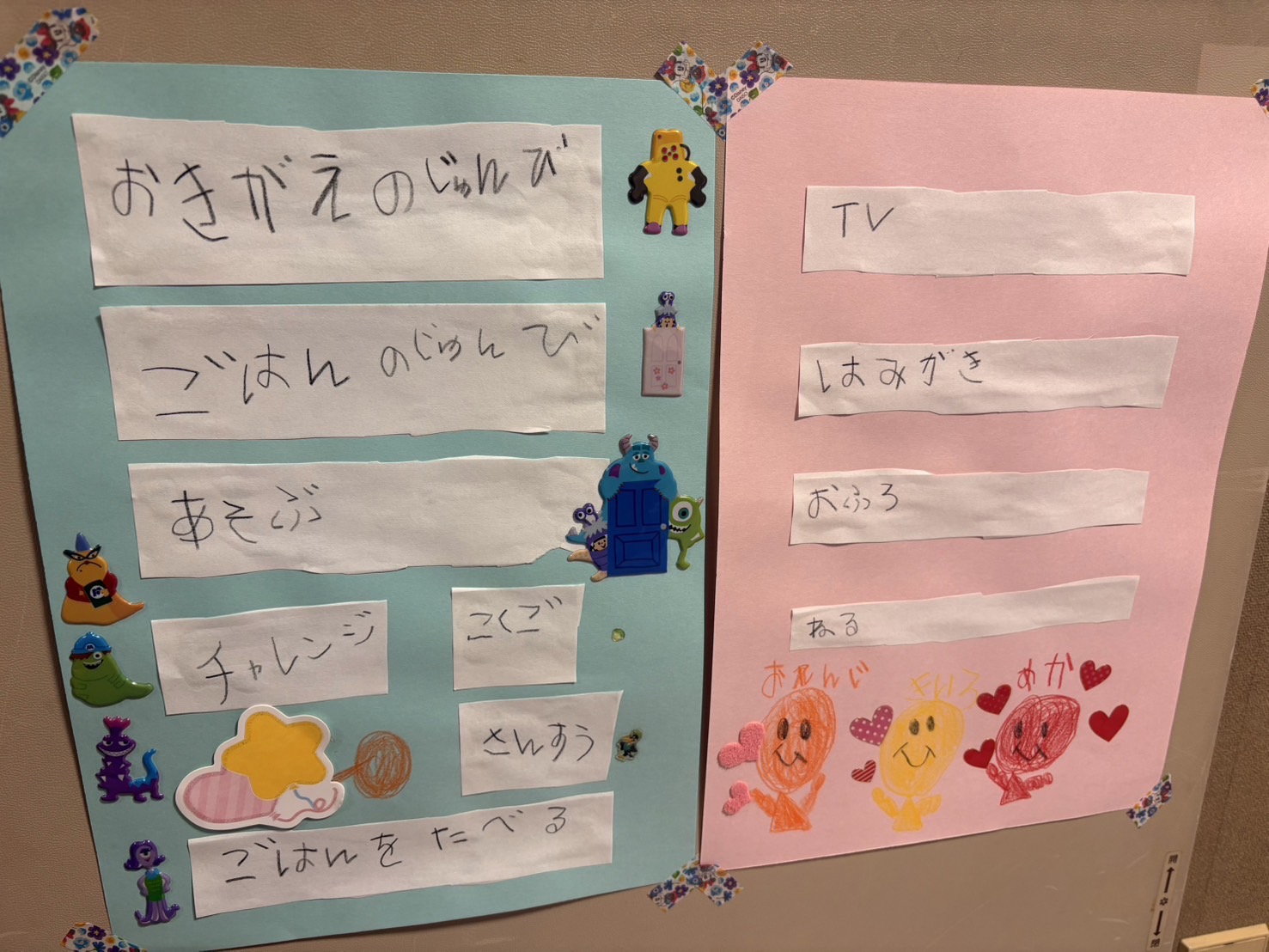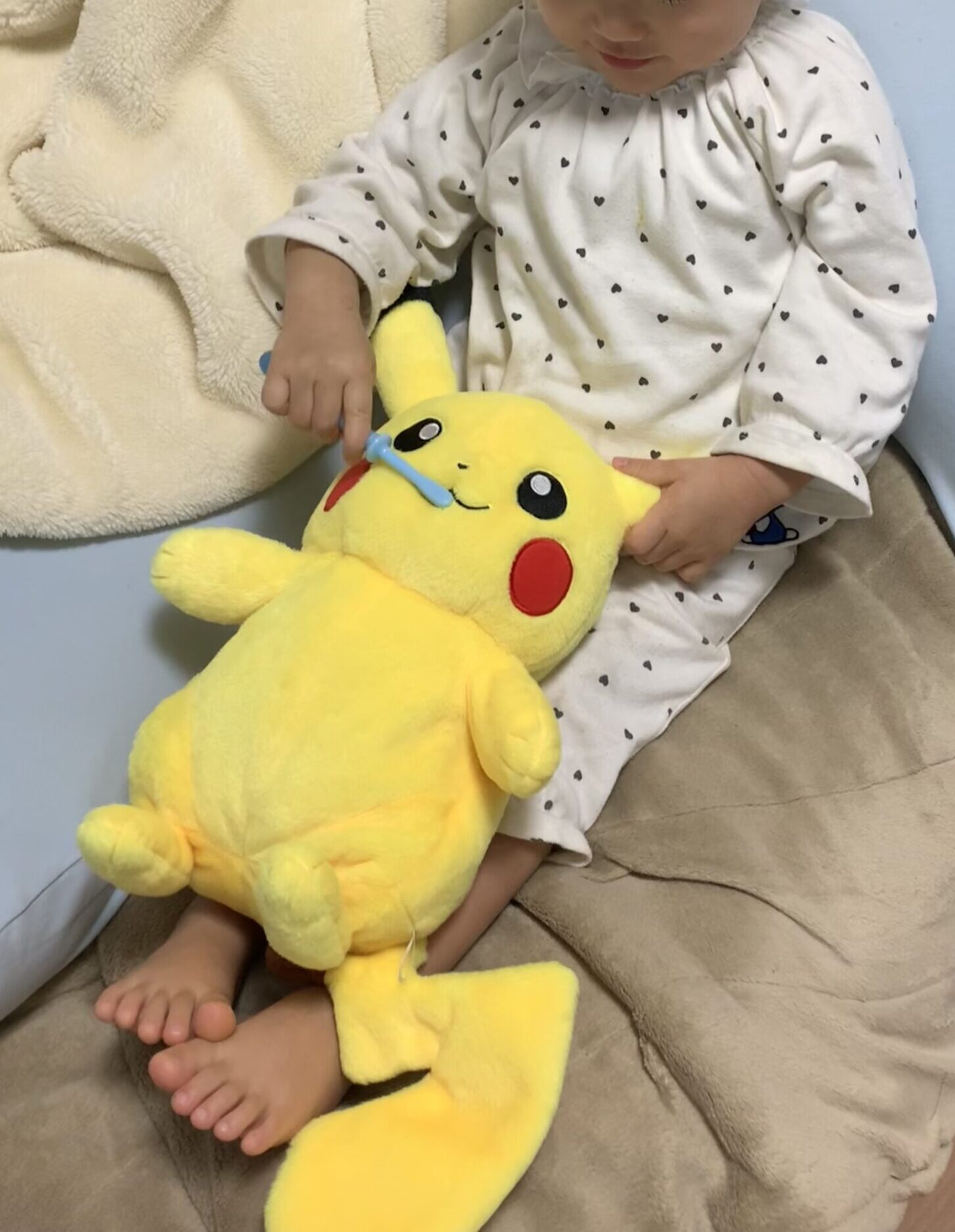Discipline Means to Teach
Raising confident, capable, and connected children with science and love.
What is Positive Discipline?
📖 The word discipline comes from the Latin disciplina, meaning instruction, teaching, or learning. True to its roots, Positive Discipline focuses on teaching and guiding children, and supporting children’s learning and growth, rather than punishing or being permissive.
Positive Discipline is a research-based, practical approach that helps children learn, grow, and develop life skills in a safe and supportive environment. Combining science with warm guidance, it helps children build confidence, intrinsic motivation, and essential life skills such as independence, self-regulation, cooperation, responsibility, and problem-solving.
"A misbehaving child is a discouraged child."
Rudolf Dreikurs
Why It Matters
Science
A child’s brain grows rapidly in the early years — about 80% of adult size by age 3, 90% by age 5, and nearly complete by age 6, and higher-level thinking, emotional regulation, and social skills continue to develop into young adulthood.
Everyday experiences — connection, play, and guidance — shape how children learn, feel, and interact with the world, while building lifelong capacities for learning, resilience, and healthy relationships.
Love
Children thrive when they feel safe, connected, and valued. Love at home provides the security that becomes the building block for resilience, motivation, and empathy—giving children the courage to explore, learn, and build healthy relationships for life.
Research shows that warm, responsive relationships don’t just comfort children in the moment — they actually lay the foundation for lifelong confidence and well-being.
Life Skills
The World Health Organization identifies a core set of life skills at the heart of children’s health and well-being:
Thinking skills: decision-making, problem-solving, creative and critical thinking
Social skills: communication, building relationships, empathy
Self skills: self-awareness, managing emotions, coping with stress
These are essential for success in today’s world. Positive Discipline helps children put these skills into practice in everyday family life.
(Source: World Health Organization – Life Skills Education)
Positive Discipline brings together brain science, love, and life skills — helping families create calmer, more connected homes today, while building the foundation for children’s lifelong confidence and success.
Everyday Life with Positive Discipline
A glimpse into what family life can look and feel like
Imagine a home where children feel safe to express big emotions, where boundaries are clear but respectful, and where everyday challenges become chances to learn and grow.
Picture these everyday moments:
The Morning Rush: Instead of constant reminders and nagging, your child learns to take more responsibility for getting ready.
Sibling Squabbles: Instead of jumping in as referee, you guide them to practice problem-solving with each other.
Big Emotions: Instead of meltdowns leading to yelling or punishment, your child feels safe to express feelings and learns ways to calm down.
With Positive Discipline, family life is rooted in connection and mutual respect. Parents guide with warmth and structure, and children gain confidence, problem-solving skills, and resilience.
It doesn’t make life perfect — but it creates calmer, more respectful relationships, even during challenges.
👉 This is the kind of everyday life I help families build through my coaching and support.
The Benefits of Positive Discipline
What families gain from everyday practice
Positive Discipline doesn’t just change behavior — it transforms relationships.
Families often experience:
Calmer, more connected homes: Less stress, more cooperation, and stronger bonds.
Confident, capable children: Kids learn to solve problems, take responsibility, and navigate challenges with resilience.
Better emotional awareness: Children feel safe expressing their feelings, and parents respond in ways that support growth.
Life skills in practice: Children develop decision-making, empathy, self-regulation, and cooperation become part of daily routines.
Even small shifts in everyday interactions can create lasting, positive changes — helping both children and parents feel more understood, supported, and confident.
How I Support Families
Practical guidance for everyday parenting
Every family is unique, and every child has their own personality, strengths, and challenges. That’s why I tailor my support to meet your family where you are — helping you bring the principles of Positive Discipline into your daily life.
Through coaching, workshops, and hands-on support, I help parents:
Understand why children act the way they do and what they need most
Foster connection and cooperation without relying on punishment, permissiveness, or nagging.
Build confidence in guiding children through big emotions and everyday challenges
Encourage life skills like responsibility, problem-solving, and empathy in ways that feel natural and achievable
Together, we focus on creating a calmer, more connected home where both children and parents feel supported and understood.
👉 If you’d like to see how these tools can work for your family, I’d love to share more and explore a plan that fits your needs.



How I Support Families
Practical guidance for everyday parenting
Every family is unique, and every child has their own personality, strengths, and challenges. That’s why I tailor my support to meet your family where you are — helping you bring the principles of Positive Discipline into your daily life.
Through coaching, workshops, and hands-on support, I help parents:
Understand why children act the way they do and what they need most
Foster connection and cooperation without relying on punishment, permissiveness, or nagging.
Build confidence in guiding children through big emotions and everyday challenges
Encourage life skills like responsibility, problem-solving, and empathy in ways that feel natural and achievable
Together, we focus on creating a calmer, more connected home where both children and parents feel supported and understood.
👉 If you’d like to see how these tools can work for your family, I’d love to share more and explore a plan that fits your needs.



Frequently Asked Questions
Have more questions?
I’d love to hear from you personally!
[Contact me here]
Not at all. Positive Discipline is both loving and structured. Children learn boundaries and expectations while feeling safe, supported, and respected.
Yes! The tools and strategies adapt for every stage — from infants and toddlers to school-age children and teens.
No problem! Understanding what has—or hasn’t—worked gives us a clear picture of your family’s needs. Together, we’ll find an approach that fits your child, your parenting style, and your daily life.
Every child and family is unique, and progress depends on your situation and consistency. I focus on guiding you with practical tools and support so you can apply Positive Discipline in ways that feel manageable and meaningful for your family.
